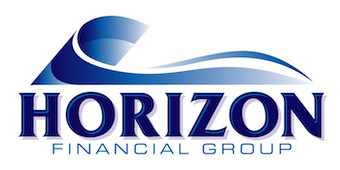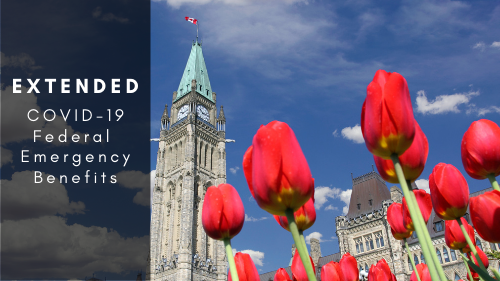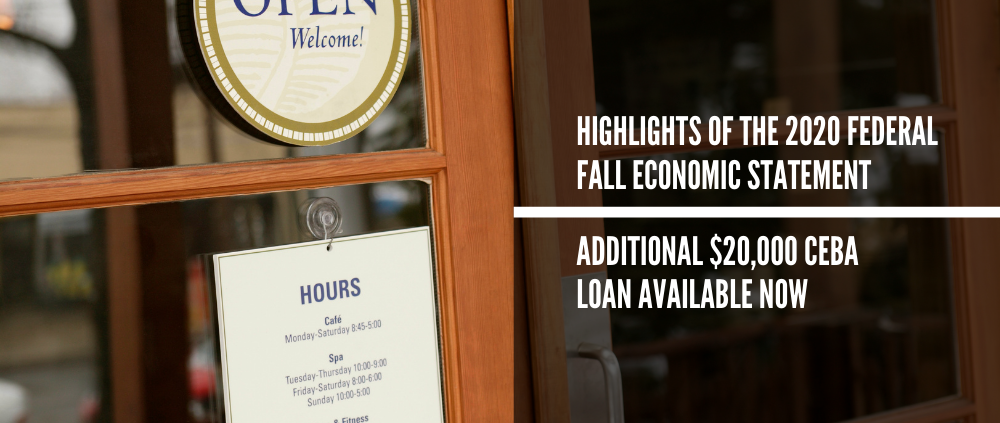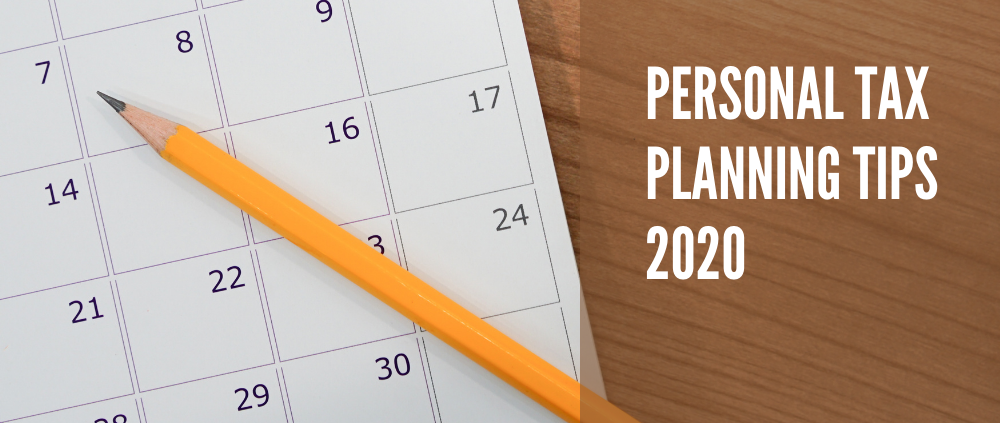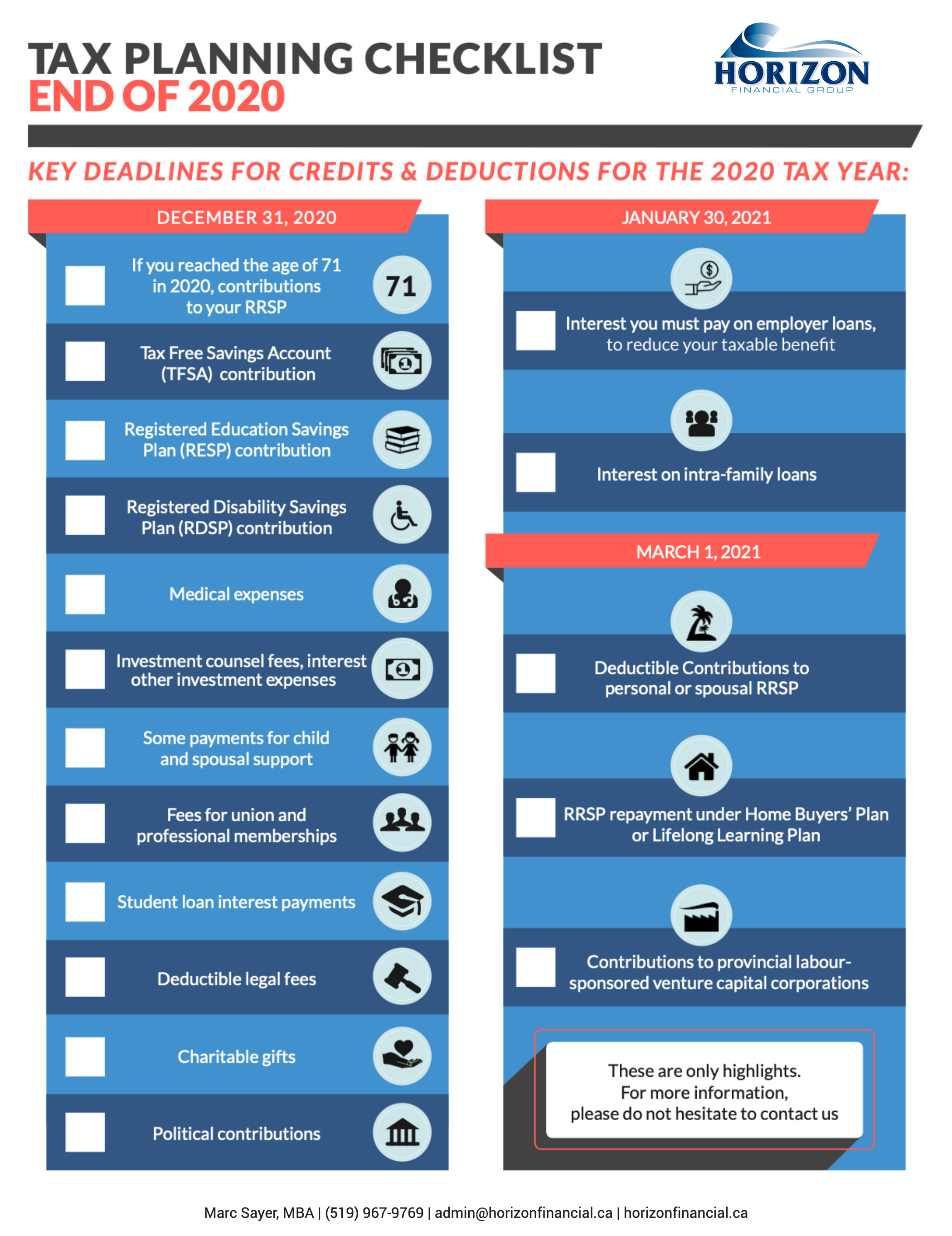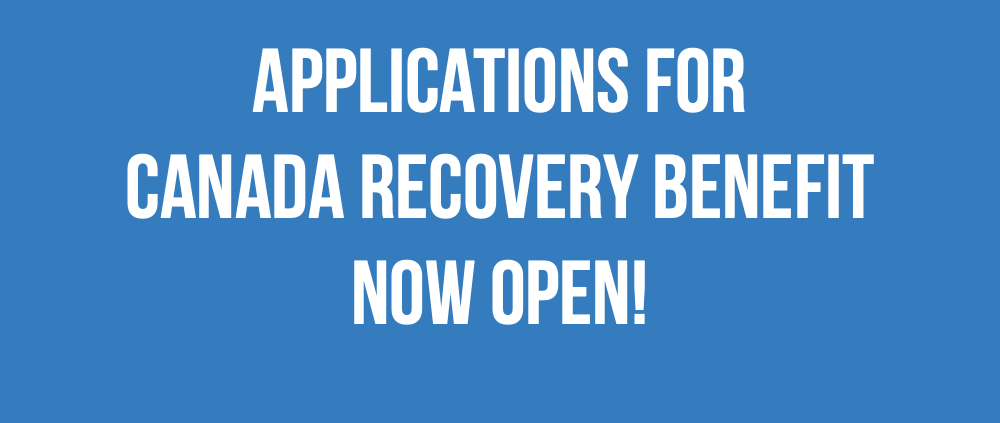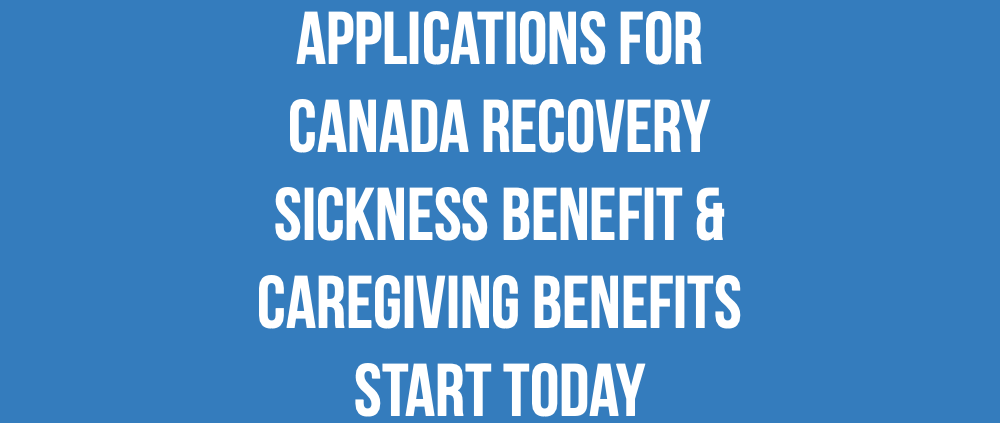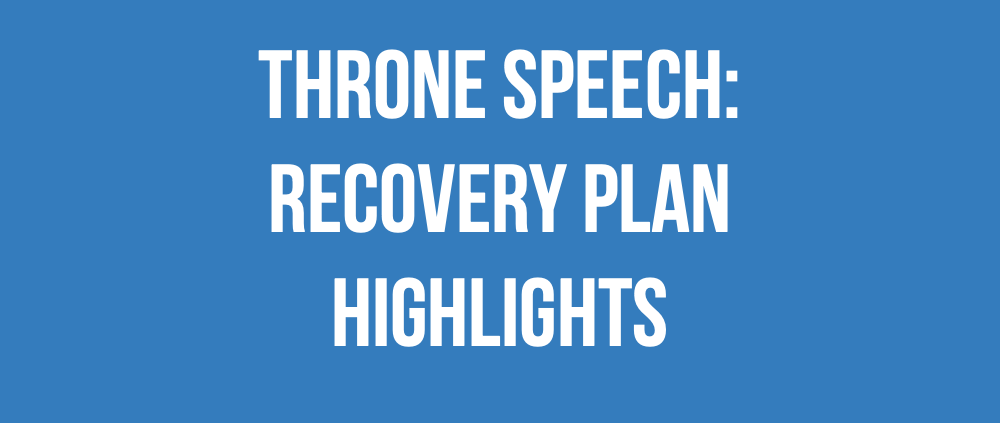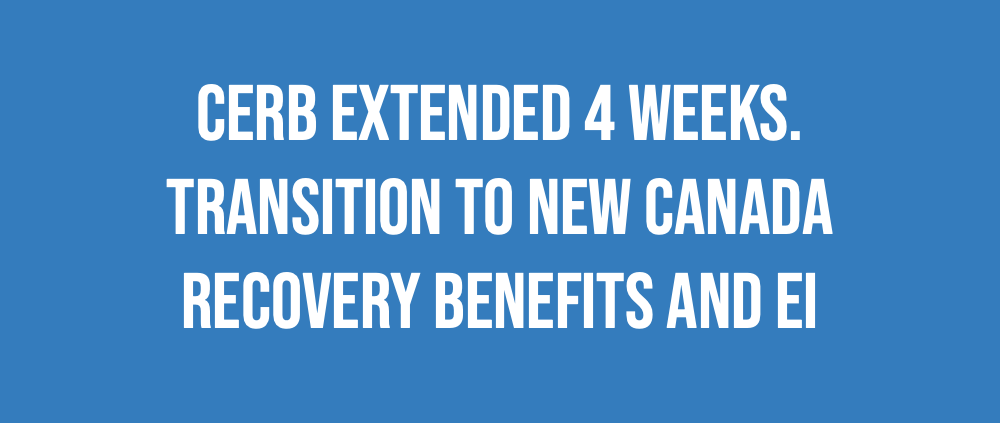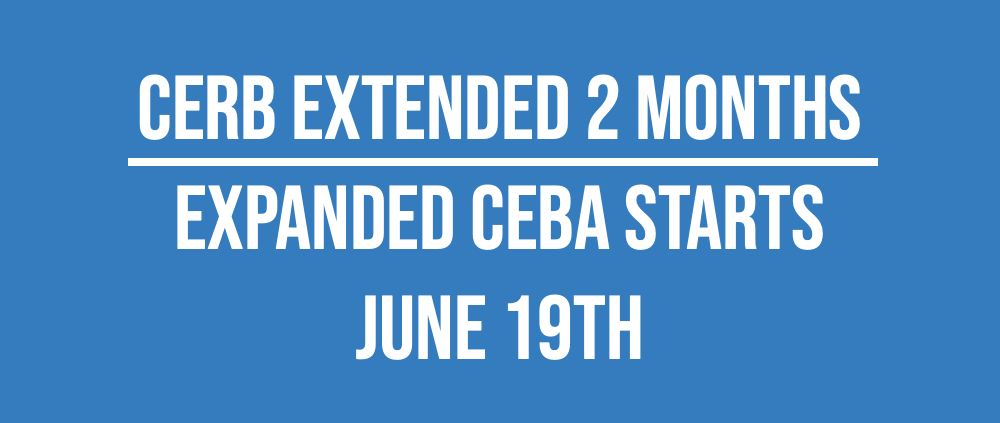Federal Budget 2021 Highlights
On April 19, 2021, the Federal Government released their 2021 budget. We have broken down the highlights of the financial measures in this budget into three different sections:
-
Business Owners
-
Personal Tax Changes
-
Supplementary Highlights
Business Owners
Extending Covid -19 Emergency Business Supports
All of the following COVID-19 Emergency Business Supports will be extended from June 5, 2021, to September 25, 2021, with the subsidy rates gradually decreasing:
-
Canada Emergency Wage Subsidy (CEWS) – The maximum wage subsidy is currently 75%. It will decrease down to 60% for July, 40% for August, and 20% for September.
-
Canada Emergency Rent Subsidy (CERS) – The maximum rent subsidy is currently 65%. It will decrease down to 60% for July, 40% for August, and 20% for September.
-
Lockdown Support Program – The Lockdown Support Program rate of 25% will be extended from June 4, 2021, to September 25, 2021.
Only organizations with a decline in revenues of more than 10% will be eligible for these programs as of July 4, 2021. The budget also includes legislation to give the federal government authority to extend these programs to November 20, 2021, should either the economy or the public health situation make it necessary.
Canada Recovery Hiring Program
The federal budget introduced a new program called the Canada Recovery Hiring Program. The goal of this program is to help qualifying employers offset costs taken on as they reopen. An eligible employer can claim either the CEWS or the new subsidy, but not both.
The proposed subsidy will be available from June 6, 2021, to November 20, 2021, with a subsidy of 50% available from June to August. The Canada Recovery Hiring Program subsidy will decrease down to 40% for September, 30% for October, and 20% for November.
Interest Deductibility Limits
The federal budget for 2021 introduces new interest deductibility limits. This rule limits the amount of net interest expense that a corporation can deduct when determining its taxable income. The amount will be limited to a fixed ratio of its earnings before interest, taxes, depreciation, and amortization (sometimes referred to as EBITDA).
The fixed ratio will apply to both existing and new borrowings and will be phased in at 40% as of January 1, 2023, and 30% for January 1, 2024.
Support for small and medium-size business innovation
The federal budget also includes 4 billion dollars to help small and medium-sized businesses innovate by digitizing and taking advantage of e-commerce opportunities. Also, the budget provides additional funding for venture capital start-ups via the Venture Capital Catalyst Program and research that will support up to 2,500 innovative small and medium-sized firms.
Personal Tax Changes
Tax treatment and Repayment of Covid-19 Benefit Amounts
The federal budget includes information on both the tax treatment and repayment of the following COVID-19 benefits:
-
Canada Emergency Response Benefits or Employment Insurance Emergency Response Benefits
-
Canada Emergency Student Benefits
-
Canada Recovery Benefits, Canada Recovery Sickness Benefits, and Canada Recovery Caregiving Benefits
Individuals who must repay a COVID-19 benefit amount can claim a deduction for that repayment in the year they received the benefit (by requesting an adjustment to their tax return), not the year they repaid it. Anyone considered a non-resident for income tax purposes will have their COVID-19 benefits included in their taxable income.
Disability Tax Credit
Eligibility changes have been made to the Disability Tax Credit. The criteria have been modified to increase the list of mental functions considered necessary for everyday life, expand the list of what can be considered when calculating time spent on therapy, and reduce the requirement that therapy is administered at least three times each week to two times a week (with the 14 hours per week requirement remaining the same).
Old Age Security
The budget enhances Old Age Security (OAS) benefits for recipients who will be 75 or older as of June 2022. A one-time, lump-sum payment of $500 will be sent out to qualifying pensioners in August 2021, with a 10% increase to ongoing OAS payments starting on July 1, 2022.
Waiving Canada Student Loan Interest
The budget also notes that the government plans to introduce legislation that will extend waiving of any interest accrued on either Canada Student Loans or Canada Apprentice Loans until March 31, 2023.
Support for Workforce Transition
Support to help Canadians transition to growing industries was also included in the budget. The support is as follows:
-
$250 million over three years to Innovation, Science and Economic Development Canada to help workers upskill and redeploy to growing industries.
-
$298 million over three years for the Skills for Success Program to provide training in skills for the knowledge economy.
-
$960 million over three years for the Sectoral Workforce Solutions Program to help design and deliver training relevant to the needs of small and medium businesses.
Supplementary Highlights
Federal Minimum Wage
The federal budget also introduces a proposed federal minimum wage of $15 per hour that would rise with inflation.
New Housing Rebate
The GST New Housing Rebate conditions will be changed. Previously, if two or more individuals were buying a house together, all of them must be acquiring the home as their primary residence (or that of a relation) to qualify for the GST New Housing Rebate. Now, the GST New Housing Rebate will be available as long as one of the purchasers (or a relation of theirs) acquires the home as their primary place of residence. This will apply to all agreements of purchase and sale entered into after April 19, 2021.
Unproductive use of Canadian Housing by Foreign Non-Resident Owners
A new tax was introduced in the budget on unproductive use of Canadian housing by non-resident foreign owners. This tax will be a 1% tax on the value of non-resident, non-Canadian owned residential real estate considered vacant or underused. This tax will be levied annually starting in 2022.
All residential property owners in Canada (other than Canadian citizens or permanent residents of Canada) must also file an annual declaration for the prior calendar year with the CRA for each Canadian residential property they own, starting in 2023. Filing the annual declaration may qualify owners to claim an exemption from the tax on their property if they can prove the property is leased to qualified tenants for a minimum period in a calendar year.
Excise Duty on Vaping and Tobacco
The budget also includes a new proposal on excise duties on vaping products and tobacco. The proposed framework would consist of:
-
A single flat rate duty on every 10 millilitres of vaping liquid as of 2022
-
An increase in tobacco excise duties by $4 per carton of 200 cigarettes and increases to the excise duty rates for other tobacco products such as tobacco sticks and cigars as of April 20, 2021.
Luxury Goods Tax
Finally, the federal budget proposed introducing a tax on certain luxury goods for personal use as of January 1, 2022.
-
For luxury cars and personal aircraft, the new tax is equal to the lesser of 10% of the vehicle’s total value or the aircraft, or 20% of the value above $100,000.
-
For boats over $250,000, the new tax is equal to the lesser of 10% of the full value of the boat or 20% of the value above $250,000.
If you have any questions or concerns about how the new federal budget may impact you, call us – we’d be happy to help you!
